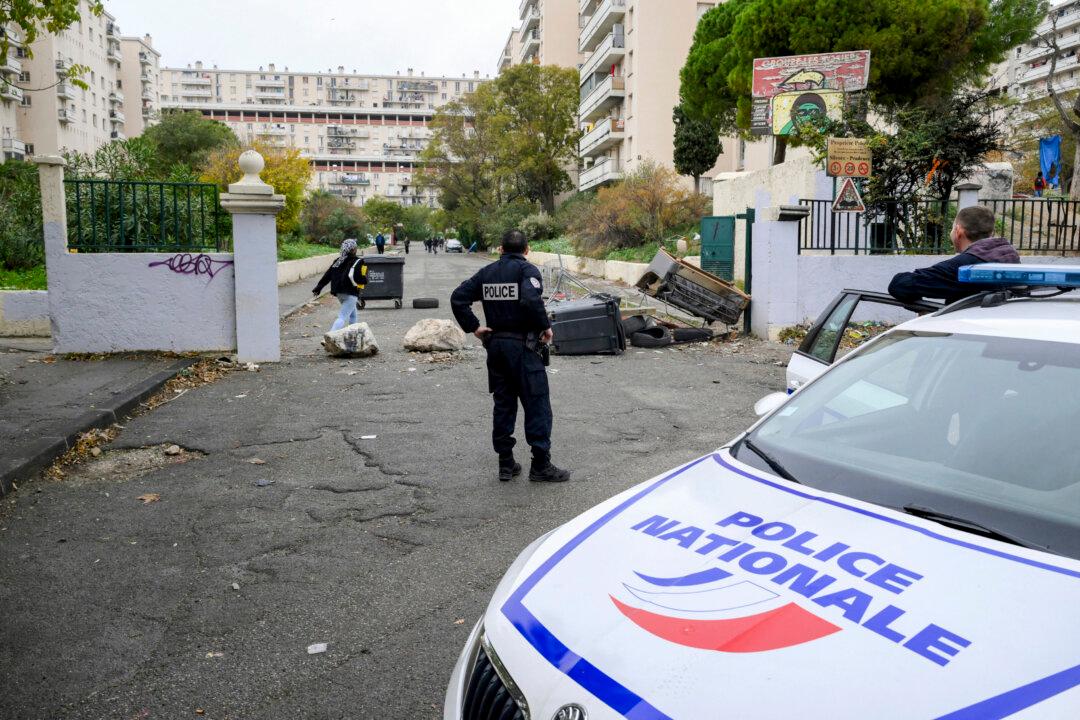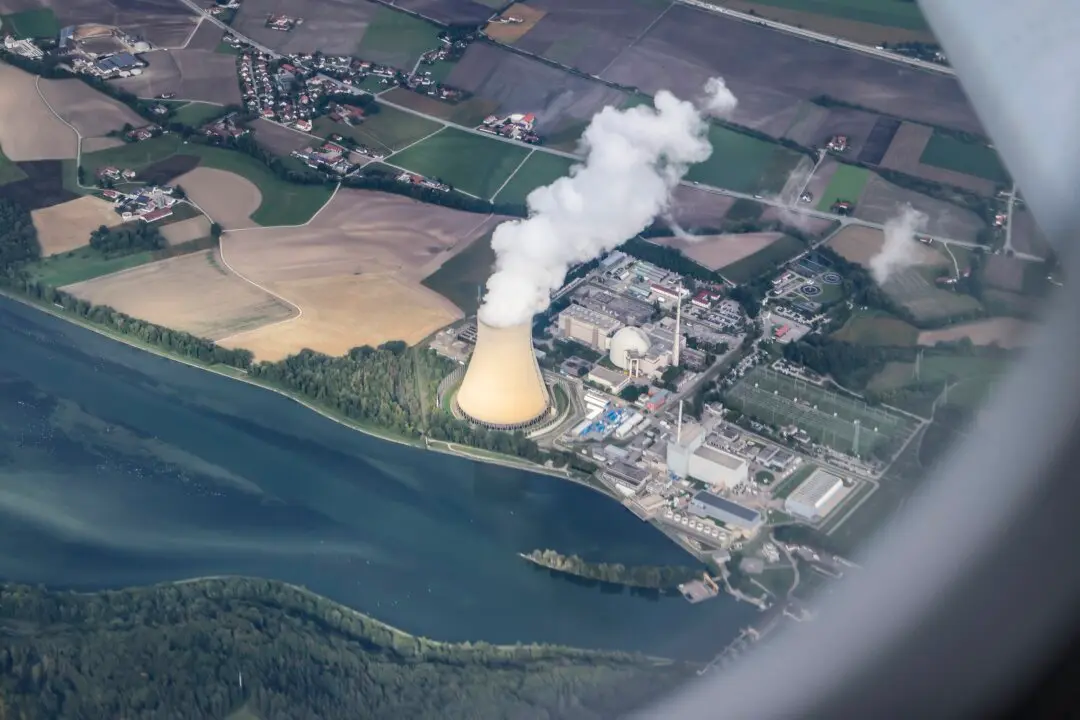A deadly shootout on Nov. 1 in the once-peaceful French town of Poitiers, historically known for its medieval churches, resulted in the death of a 15-year-old boy, shot in the head, left the nation shocked.
But the gunfight, which involved hundreds of people, is just the latest in a wave of drug-related crimes that have transformed cities like Poitiers, Rennes and Marseille into battlegrounds, where even children are caught in the crossfire—shot, stabbed, and burned alive.




